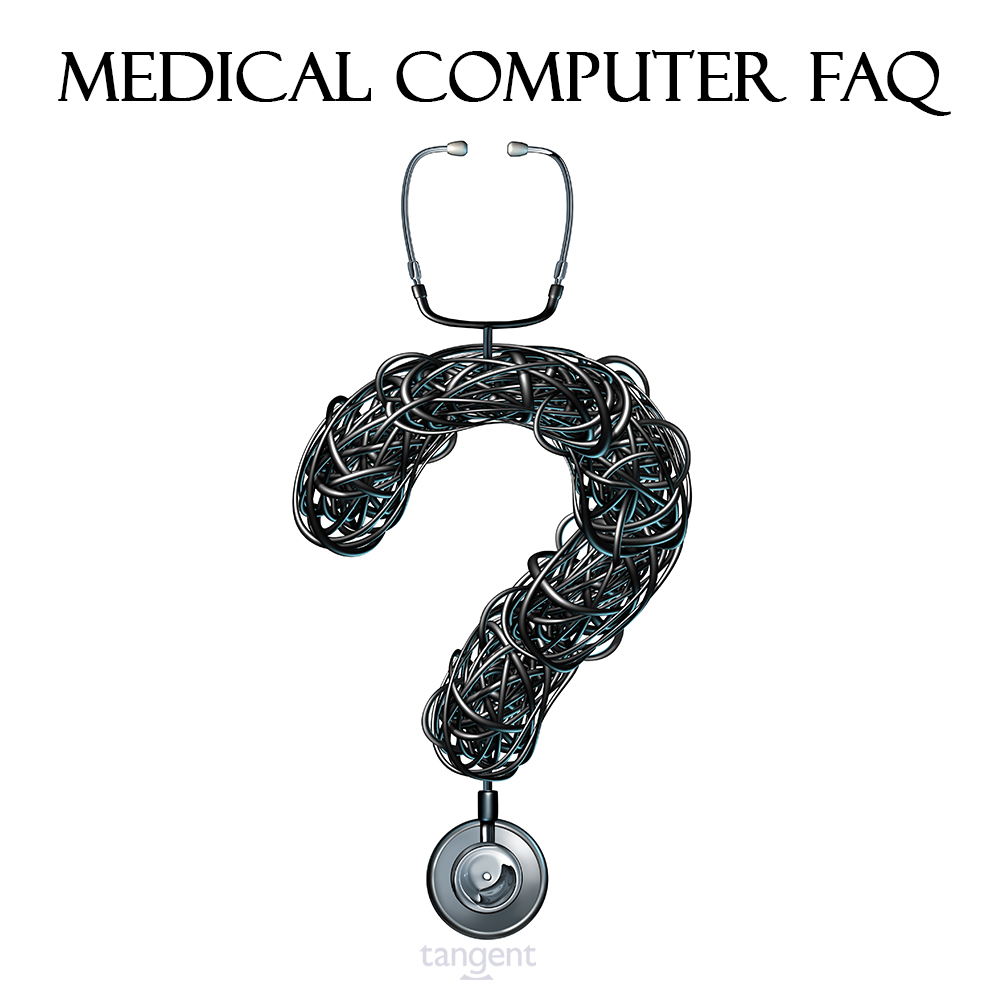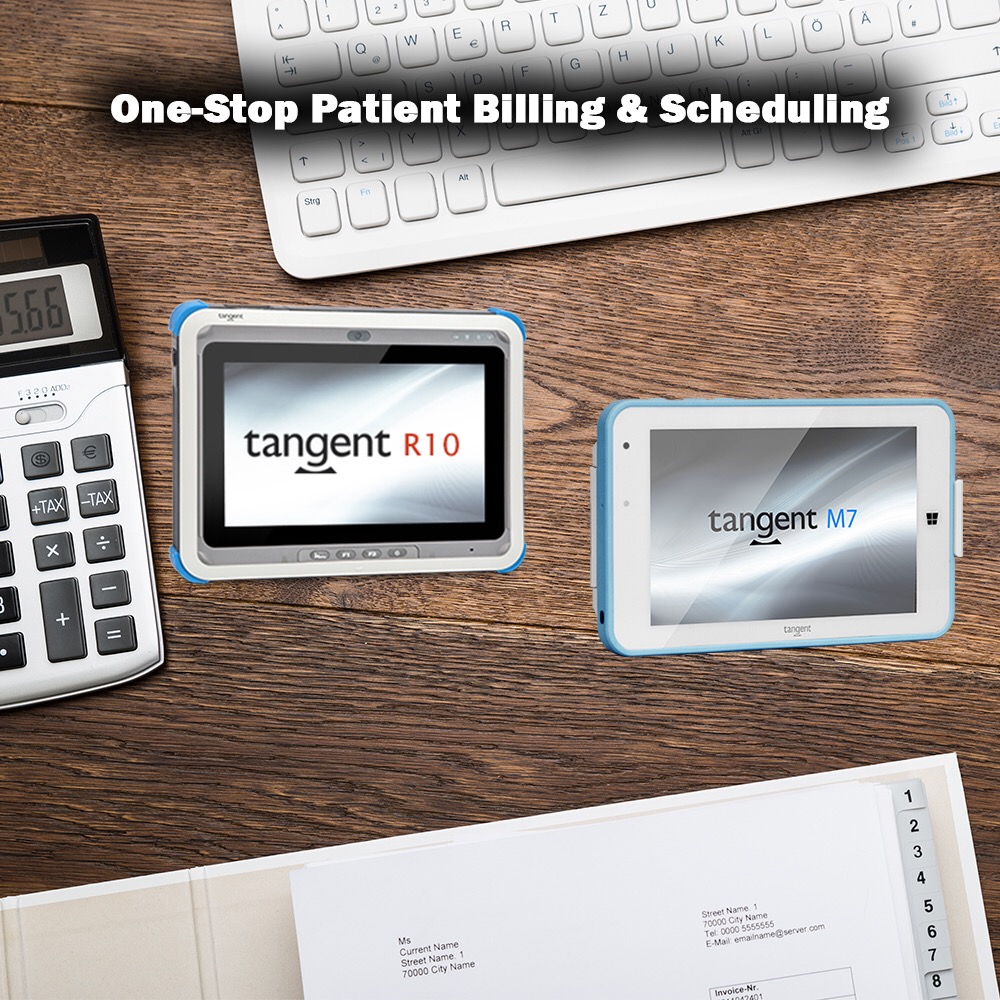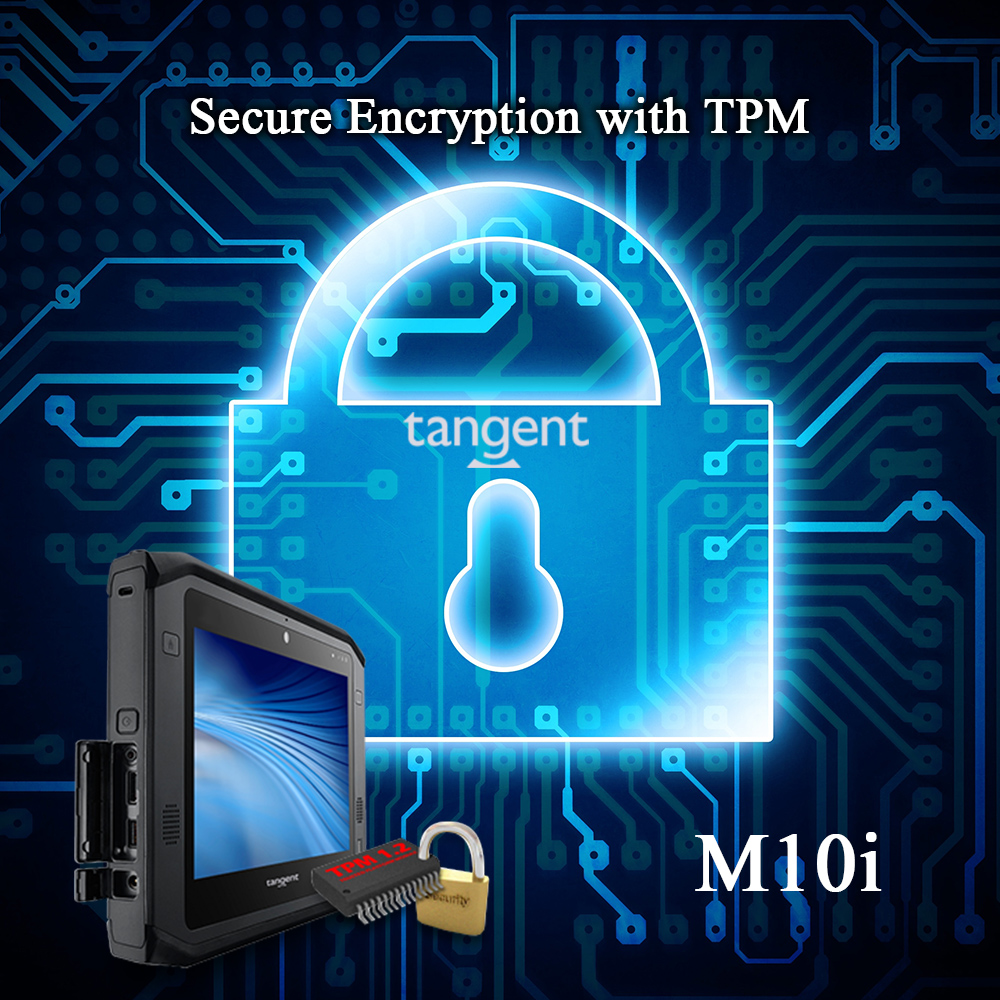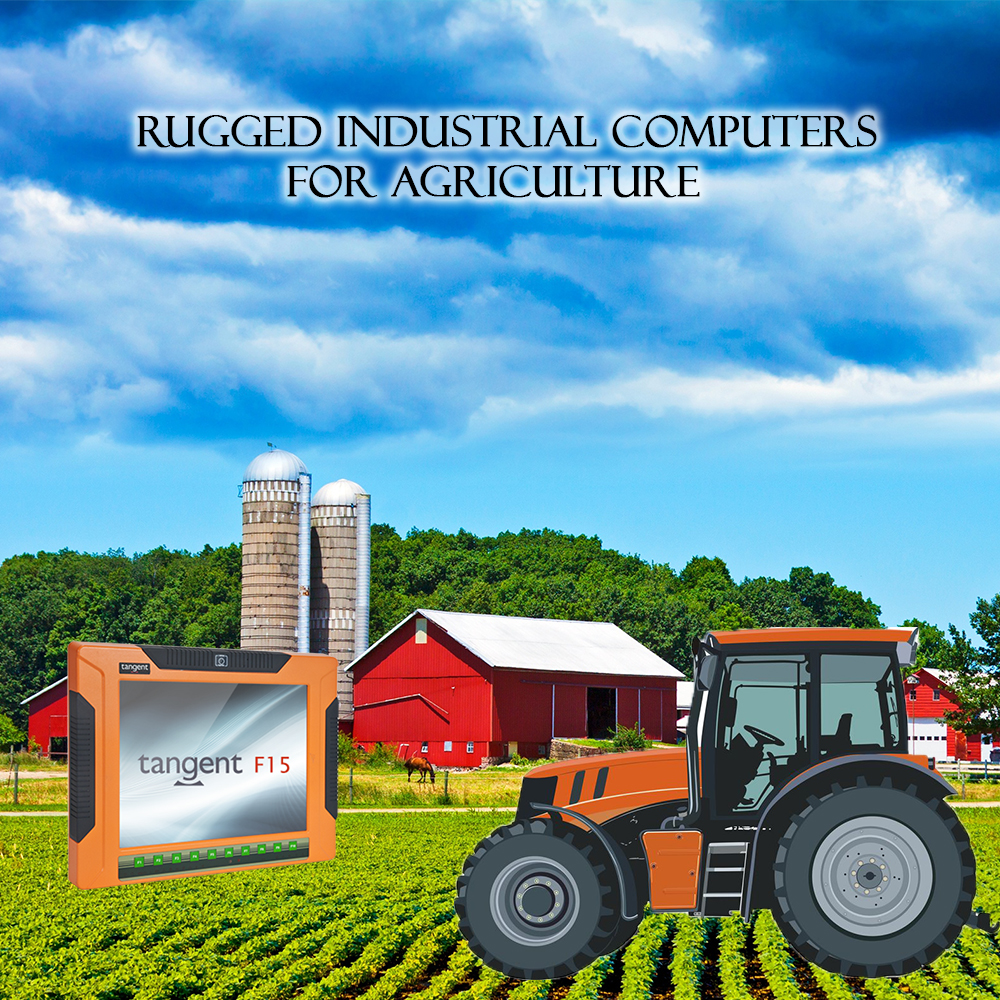Rugged Industrial PCs in Agriculture Not many industrial sectors look to technology for efficiency with as much fervor and adoption as agricultural industries. In 1793, the cotton gin machine was patented which immediately contributed to the success of cotton in Southern farms. The industrial revolution of the 1800s brought about many new inventions including the […]
Month: November 2018

Medical Computers Explained
Medical Computers Explained Medical computers are constructed and tested to go above and beyond the capabilities, usage, and expected lifespan of standard consumer grade computer systems and components. They are purpose built for use in clinical environments where infection control, patient safety, durability, and uptime are of the utmost importance. Infection control is achieved […]

One-Stop Patient Billing and Scheduling
One-Stop Patient Billing and Scheduling A big part of a medical office’s interaction with patients involves scheduling and billing for their services. It’s not the most glamourous position to have and largely goes unnoticed, but it’s an extremely important role since medical schedulers and billers are the ones that ensure patients and insurance companies […]

Secure Encryption with TPM
Secure Encryption with TPM Today we’re going to delve into a feature that’s often mentioned on Tagent’s medical computers and tablets spec sheets, but not often expanded on: TPM Support. The Trusted Platform Module (TPM) is an international standard for a secure cryptoprocessor. A cryptoprocessor is a dedicated microcontroller built into computers that is […]
